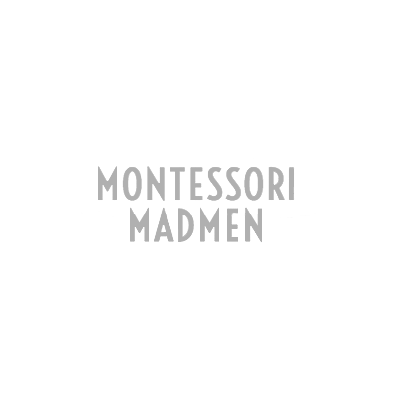Why are so many parents and teachers such passionate advocates of the Montessori method of education? Simply put, because it works.
“There was no method to be seen, what was seen was a child
acting according to its own nature.”
The Montessori method was developed by Dr. Maria Montessori in the early 1900's from her efforts to scientifically study the child’s true nature. She observed children engaging in activities of their own choice in a free context and discovered that under these circumstances young children return to a normal state of being in harmony with their entire environment. These children possessed qualities such as spontaneity, self-discipline, love of order and interest in intellectual activity.
Montessori EDUCATION
Providing the environment & materials: the Montessori classroom provides the environment and materials the child needs for his personal development, while allowing him the freedom to choose activities according to his interests and readiness in a non-competitive environment.
The teacher's role as a guide: Dr. Montessori believed that every person must educate himself, therefore a teacher's role is to merely provide guidance to the student through the learning process. The goal of the teacher should be to cultivate the child's curiosity, a love for knowledge and a strong desire to learn.
Building close relationships and self-confidence
Children learn by osmosis by working together, giving them the opportunity to be taught by peers as well as to take on the role of teacher. They build close relationships and self-confidence. Scientific studies confirm that all children in a multi-age classroom learn more effectively than in a traditional single age room.
Future success and happiness: the intellectual progress is naturally accompanied by emotional and spiritual growth. The child becomes aware of and learns to love and care for himself and the people and around him. He learns cooperation and gains inner discipline and independence, which leads to a high sense of self-esteem.
MONTESSORI VS TRADITIONAL
Montessori Education
Children learn by themselves using specially prepared materials.
Based on the development and unique needs of a child.
Child spots own errors from the materials' feedback.
Learning is based on physical exploration of environment.
Teacher works with children.
Enables intrinsic motivation and an uninterrupted work flow.
Mixed age group that encourages children to teach and help each other.
Traditional Education
Children are taught by the teacher through a standardised approach.
Based on the transfer of a standardised curriculum.
If work is corrected, errors are usually pointed out by teacher.
Children sit at desks and learn from worksheets and white boards.
The class is teacher led.
Motivation through rewards or punishments within a fixed lesson time.
Most teaching is done by the teacher to a group of children with the same age.
Does the Montessori curriculum cover the same subjects as other schools?
Unlike mainstream educational approaches, the Montessori education serves the children holistically from a human being point of view and put emphasis in the child’s universal love of learning. Therefore, subject areas such as art, french, music, and science are integrated into the prepared environment of the classroom for each child’s exploration.
“Our son has excelled so much since he first started. I can’t believe at only 4 years old he is able to write, read, and do some basic addition. He has lots of friends at the school. We couldn’t find a better school to teach our son. We feel that what he will learn here will benefit him greatly for the future.”
RECOMMENDED TITLES
• The Absorbent Mind
• The Discovery of the Child
• The Secret of Childhood
• The Child in the Family
• To Educate the Human Potential






